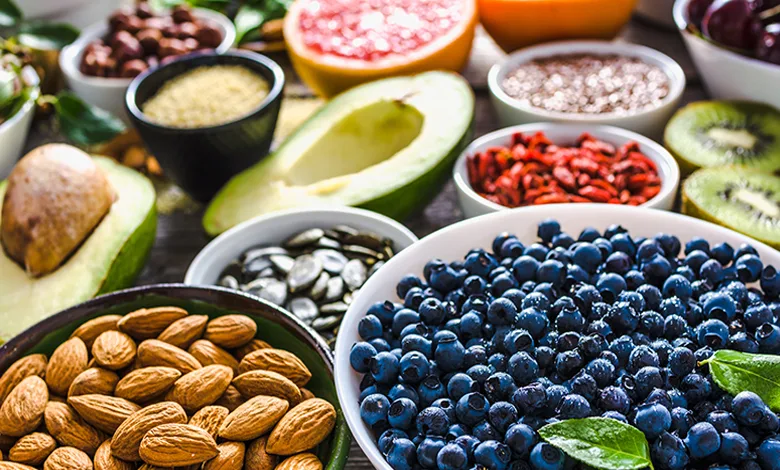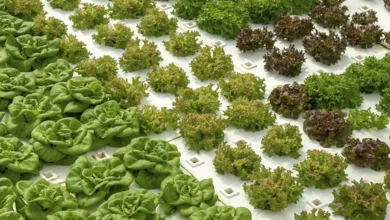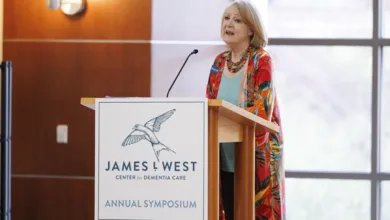How to Ensure Adequate Nutrition for Seniors During Summer

As the summer months approach, it is important to pay close attention to seniors’ nutritional needs. With warmer temperatures and increased outdoor activities, older adults may face unique challenges in maintaining proper nutrition and hydration.
Let’s explore strategies to help seniors stay nourished and hydrated during the summer, focusing on promoting overall health and well-being.
Understanding the Nutritional Needs of Seniors in Summer
Summer brings changes in appetite and hydration levels for seniors. The combination of heat and humidity can lead to decreased appetite and increased risk of dehydration. Additionally, older adults may have different nutrient requirements than younger individuals, making it crucial to ensure they receive adequate nutrition during hot weather. Dehydration and malnutrition are significant concerns for seniors during summer, as they can lead to various health issues, including fatigue, dizziness, and heat-related illnesses.

Hydration Strategies for Seniors in Summer
Staying hydrated is essential for seniors’ health, especially during the warmer months, whether living independently or in an independent senior living community. Older adults should aim to drink plenty of fluids throughout the day, even if they don’t feel thirsty. The recommended fluid intake for seniors is typically around 8-10 cups of water per day, but this may vary depending on individual factors such as age, activity level, and health status. Seniors can incorporate hydrating foods such as fruits, vegetables, and soups into their diet to increase fluid intake. It’s also essential to avoid excessive intake of caffeinated or sugary beverages, as they can contribute to dehydration. Maintaining optimal hydration is crucial for older adults to stay healthy and independent during summer.

Summer-Friendly Nutritious Foods
Summer offers an abundance of fresh fruits and vegetables that are delicious and packed with essential nutrients.
Enjoy seasonal produce such as berries, melons, tomatoes, cucumbers, and leafy greens to enhance their diet during the warmer months.
These foods are rich in vitamins, minerals, antioxidants, and fiber, vital for maintaining good health.
Incorporating nutritious foods into summer meals can be as simple as adding sliced fruit to breakfast cereal, enjoying a salad with lunch, or grilling vegetables as a side dish for dinner.
The Role of Vitamin D in Summer Nutrition
During the summer months, seniors have an increased opportunity to absorb vitamin D from sunlight, essential for maintaining bone health and supporting the immune system. However, many older adults may still be deficient in this important nutrient due to factors such as limited sun exposure or impaired skin synthesis. Vitamin D plays a crucial role in calcium absorption and bone metabolism, helping to prevent conditions such as osteoporosis and fractures in seniors. To ensure adequate vitamin D intake, seniors should aim to spend some time outdoors in the sun, preferably during the early morning or late afternoon when UV radiation is less intense. Additionally, incorporating vitamin D-rich foods into their diet, such as fatty fish, fortified dairy products, and fortified cereals, can help seniors meet their nutritional needs. For those unable to obtain sufficient vitamin D from sunlight or diet alone, supplements may be recommended under the guidance of a healthcare provider. Seniors can support their overall health and well-being throughout the warmer months by prioritizing vitamin D intake as part of their summer nutrition plan.
Addressing Challenges in Summer Nutrition for Seniors
Despite the availability of nutritious foods, older adults may face challenges in accessing and preparing meals, especially during the summer. Dietary restrictions, food allergies, and preferences can make it difficult to maintain a balanced diet. Limited mobility, financial constraints, and social isolation may also exacerbate nutrition-related issues. Addressing these challenges is essential by supporting and assisting seniors in meal planning, grocery shopping, and meal preparation. Family members, caregivers, and community resources can play a vital role in ensuring seniors receive the nutrition they need to stay healthy and active during summer.

Summer Meal Planning and Preparation Tips for Seniors
Meal planning is an effective way to ensure that seniors receive adequate nutrition throughout the summer. By planning meals ahead of time, older adults can make healthier food choices and avoid relying on convenience or processed foods. Simple and refreshing summer meal ideas may include salads, grilled lean meats or fish, fruit smoothies, and cold soups. To prevent foodborne illnesses, practicing safe food handling and storage is essential, especially in warmer temperatures. Seniors should be encouraged to store perishable foods properly, refrigerate leftovers promptly, and avoid consuming expired or spoiled items.
Community Resources and Support for Seniors’ Nutrition
Community resources and support services are valuable assets for seniors seeking assistance with nutrition during the summer. Local programs such as meal delivery services, food pantries, and senior centers offer nutritious meals, nutrition education, and socialization opportunities. Community meal programs or senior centers provide access to healthy food and foster a sense of belonging and connection. Family members and caregivers can also actively support the nutritional needs of older adults by offering encouragement, assistance with meal preparation, and advocating for their well-being.
Seeking Medical Attention for Nutritional Concerns
Despite our best efforts to promote senior nutrition during the summer, some older adults may still experience challenges or complications related to their dietary intake. Recognizing the signs of malnutrition or dehydration and seeking medical attention promptly if any concerns arise is essential. Symptoms such as unintentional weight loss, fatigue, weakness, dizziness, or changes in appetite or thirst may indicate underlying nutritional issues that require evaluation by a healthcare professional. Seniors with chronic health conditions, such as diabetes or kidney disease, may be at higher risk for nutritional deficiencies and should receive specialized care and monitoring. By addressing nutritional concerns early and seeking medical guidance when needed, we can help seniors maintain optimal health and well-being throughout the summer and beyond.
In conclusion, ensuring adequate nutrition for seniors during the summer is essential for promoting overall health and well-being. By understanding the unique nutritional needs of older adults and implementing strategies to address challenges, we can help them stay nourished and hydrated throughout the warmer months. This vibrant community can enjoy a healthy and fulfilling summer season by prioritizing hydration, incorporating nutritious foods into meals, and seeking support from area resources and caregivers. Let’s work together to ensure our beloved family members, friends, and acquaintances receive the care and attention they deserve to thrive during the summer and beyond.






